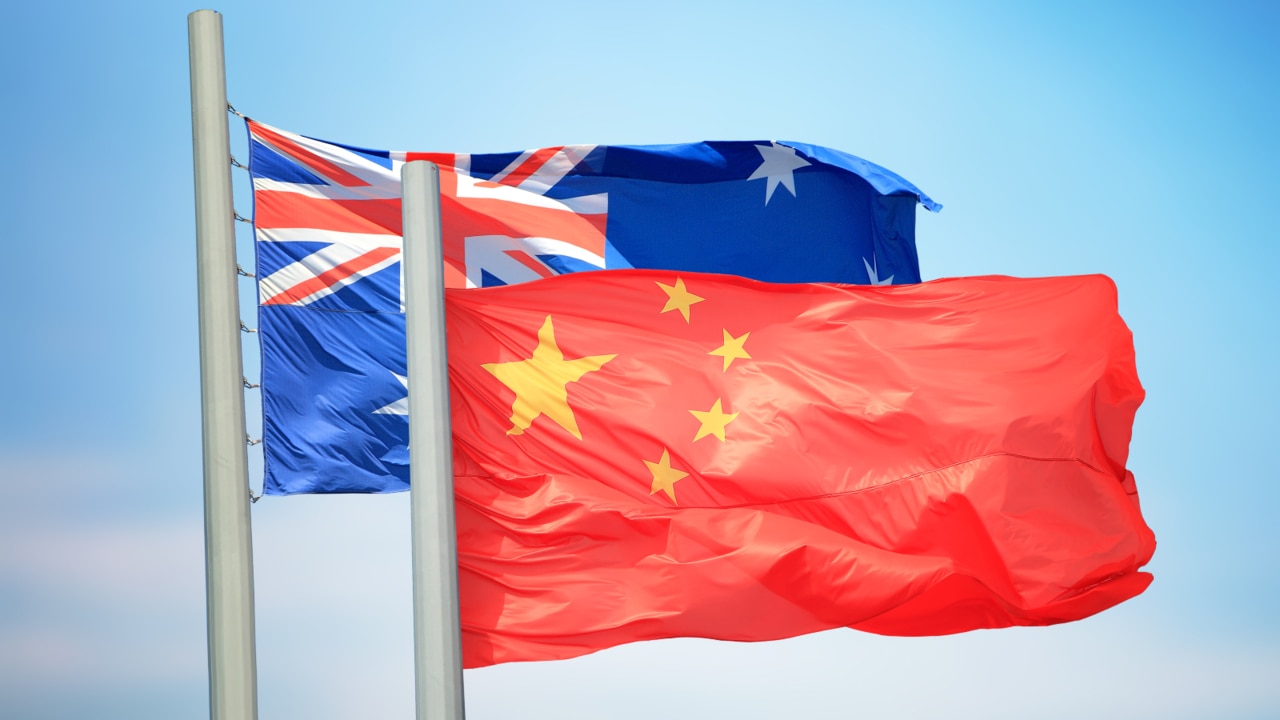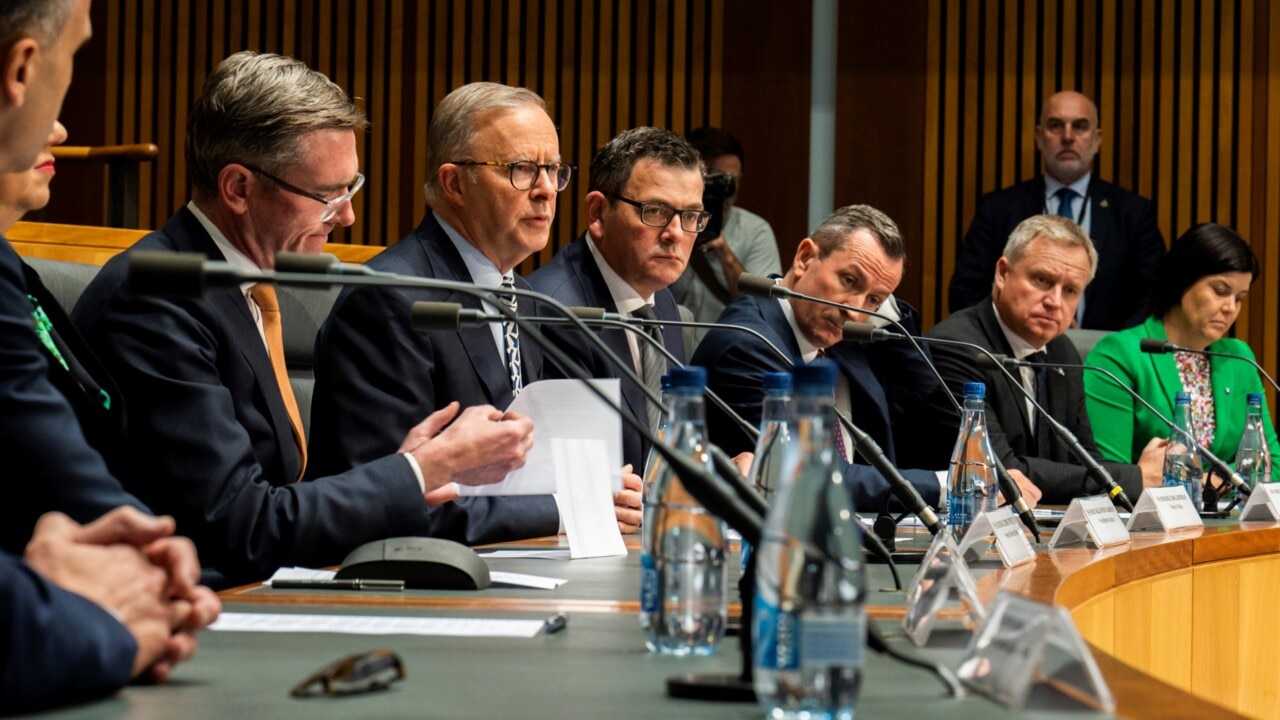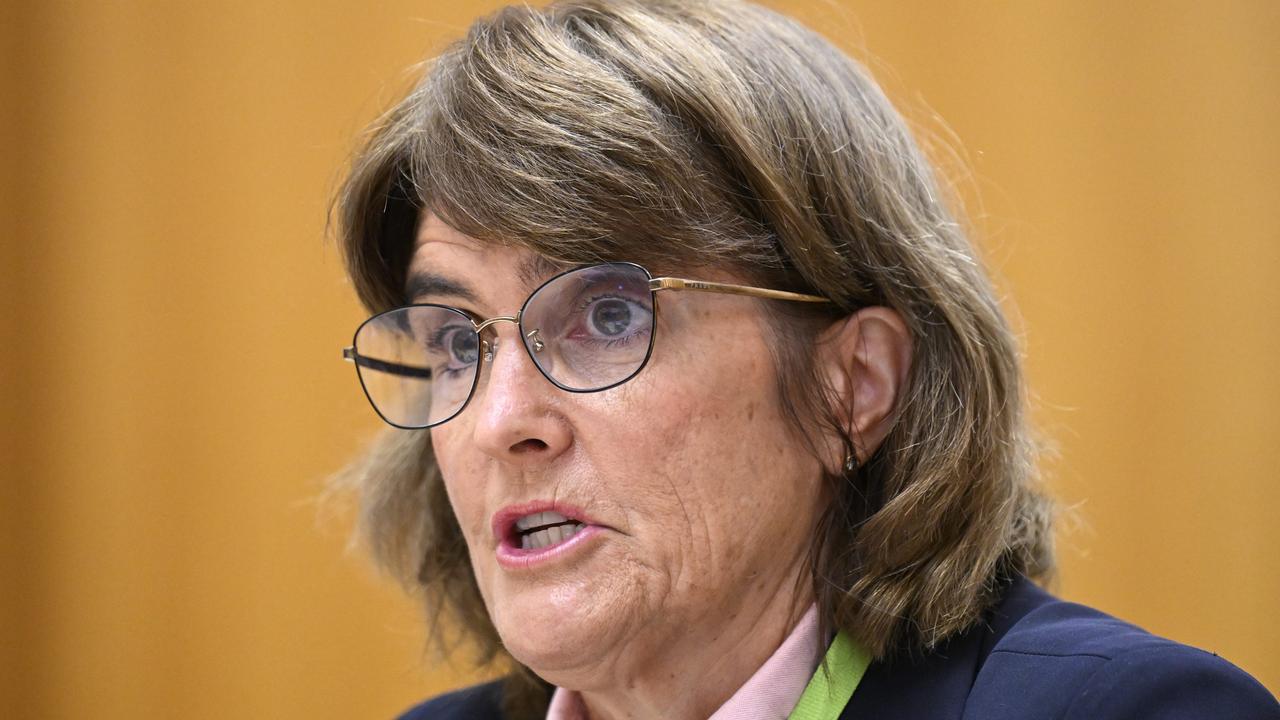‘China can join trade pact if it plays by rules’
Two of the nation’s biggest business groups say China must prove it can abide by global rules if it wants to join the trans-Pacific free-trade agreement.

Two of the nation’s biggest business groups say China must prove it can abide by global rules if it wants to join the trans-Pacific free-trade agreement.
The Business Council of Australia and the Australian Industry Group said they remained open to China joining the Comprehensive and Progressive Agreement for Trans-Pacific Partnership ahead of consideration of Beijing’s membership bid. China’s is the next application to be considered after Britain becomes the first new member of the trading bloc, lifting its membership to 12.
Ai Group chief executive Innes Willox said expanding the CPTPP to include Australia’s largest trading partner “would be welcome”, but Beijing would need to demonstrate compliance with CPTPP rules, particularly on digital and data transparency.
“As things stand, this is potentially the biggest impediment to China’s possible accession,” Mr Willox said. “Should China change its domestic regulatory environment for digital and data, it could improve transparency and make it a more attractive market for our technology companies, as well as for industry more broadly.”
BCA chief executive Jennifer Westacott said China needed to demonstrate it was ready to embrace the global order to be admitted to the CPTPP.
“China will need to convince member states that it can meet the agreement’s standards,” she said.
“Trade is Australia’s lifeblood, but it must be delivered alongside a rules-based system that sees nations engaging in good faith.”

The trade push comes as Australia and China continue to heal the diplomatic rift in bilateral ties, with the South China Morning Post reporting on Tuesday that Beijing had issued an “in principle” invitation for Anthony Albanese to make an official visit in September or October.
The Australian reported last month that the Prime Minister was hopeful of making the trip later this year to mark the 50th anniversary of Gough Whitlam’s 1973 visit to China – the first by an Australian prime minister – although his office did not confirm on Tuesday whether an official invitation had been received.
Trade Minister Don Farrell said the process of assessing Britain’s admission to the CPTPP had been important in establishing the rules for dealing with future applications. He cautioned there were several other countries seeking to join, including Taiwan, South Korea, Ecuador and Costa Rica, and all members retained the right to veto an application.
“If China proceeds with their application then they’ll be treated exactly the same way as we treated the United Kingdom,” Senator Farrell told Sky News. “We’ll give consideration to their application, but bear in mind this, there are a lot of other countries who’d also like to join.”

Asked whether China’s coercive trade behaviour would conflict with the CPTPP’s objectives, Senator Farrell said: “We’ll deal with all of the issues that might arise should China continue with its application in due course and in consultation with our friends, including the United Kingdom, in that agreement.”
His comments came as Australian officials met with Chinese counterparts in Beijing to resolve trade bans on Australian products valued at $20bn a year.
The World Trade Organisation was also due to release its final report to the Australian and Chinese governments last week on China’s 80 per cent tariff on Australian barley. Senator Farrell had urged Beijing to drop the trade barrier, and another on Australian wine, before the WTO reports on the matter. He said he would go to China when further progress was made on the trade dispute.







